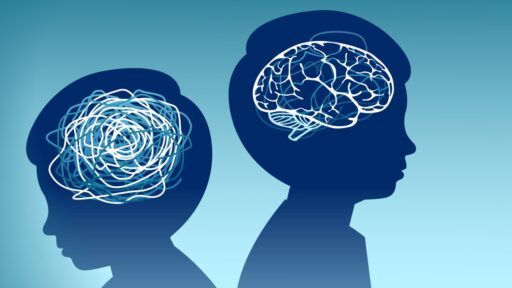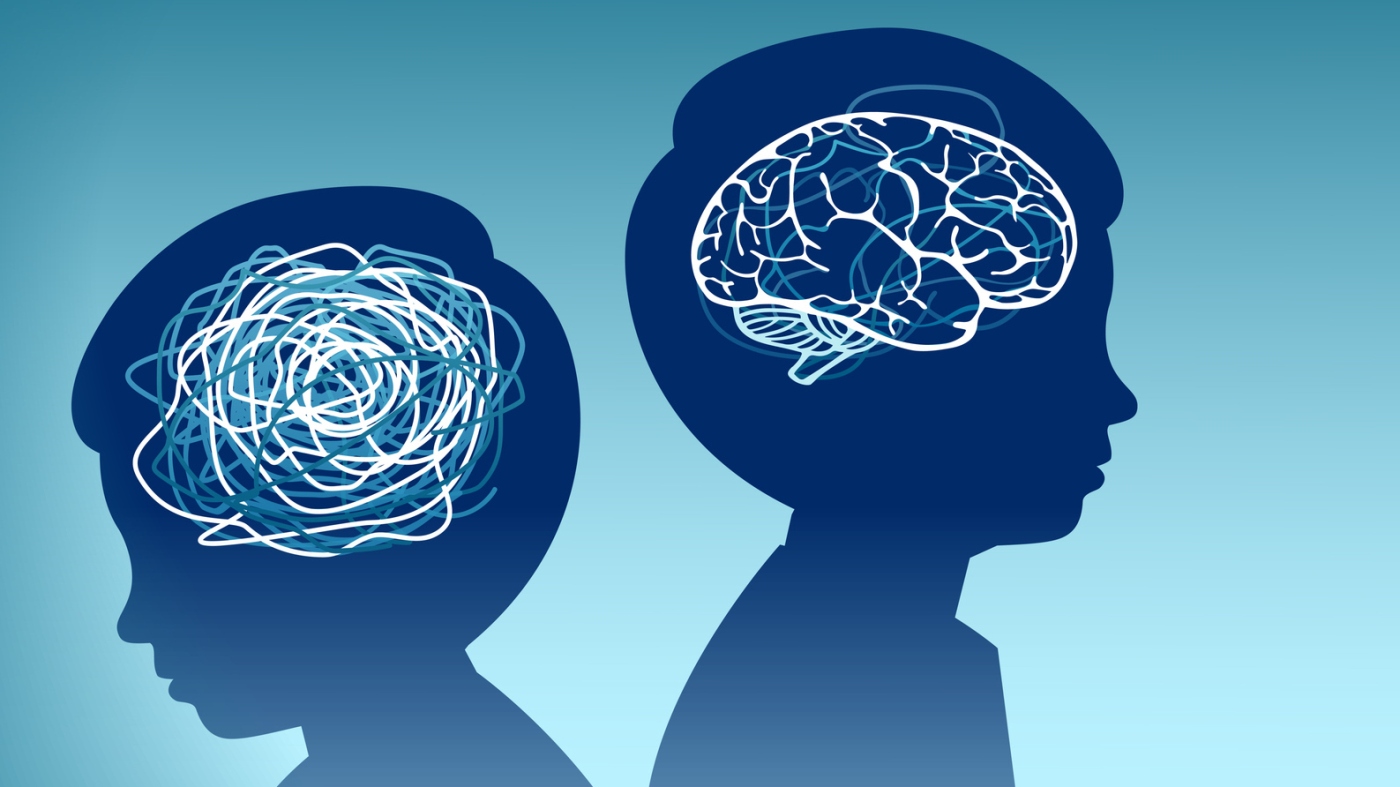The findings shed new light on understanding and managing ADHD.
Our grasp of Attention Deficit Hyperactivity Disorder (ADHD) has evolved dramatically over the past few decades. Can you believe it wasn’t even officially recognized as a medical condition until the 1960s? Fast forward to the 1990s, and ADHD diagnoses and stimulant prescriptions were skyrocketing.
Today, we’re much more thoughtful and personalized in how we diagnose and treat ADHD. There’s a wider array of therapies and treatments available than ever before. But let’s be honest—we still have a lot to learn about this complex condition.
Well, here’s some exciting news: a groundbreaking long-term study published in the Journal of Clinical Psychiatry has flipped some of our assumptions on their head!
A 16-Year Journey with ADHD Participants
Imagine following the lives of 483 individuals diagnosed with ADHD in childhood over a span of 16 years. That’s exactly what the researchers did. Their goal? To understand how ADHD symptoms change as people grow and what factors might influence those changes.
The Unexpected Fluctuations in ADHD Symptoms
Here’s where things get really interesting. The researchers discovered that, for most participants, ADHD symptoms didn’t just steadily decrease or increase—they fluctuated significantly over the years! One moment, the symptoms might be more pronounced; the next, they might ease up.
But wait, it gets even more intriguing.
More Responsibilities, Fewer Symptoms?
Contrary to what the scientists initially thought, greater life demands didn’t worsen ADHD symptoms. That’s right! They expected that adding more responsibilities—like a demanding job, a challenging academic load, or major life changes—would exacerbate the symptoms. After all, managing ADHD while juggling more tasks seems like it would be tougher, right?
Surprisingly, they found the exact opposite.
“We expected the relationship between environmental demands and ADHD symptoms to be the opposite of what we found,” explained Margaret H. Sibley, study author, professor, and clinical psychologist. “In fact, the higher the demands and responsibilities one was experiencing, the milder their ADHD.”
Why Does Busyness Ease ADHD Symptoms?
So, what’s going on here?
One theory is that people with ADHD might actually thrive when they have more on their plate. Increased responsibilities could provide structure and immediate consequences (like needing to pay rent or meet work deadlines), which might help them focus better and manage their symptoms.
Alternatively, it could be that when individuals feel their symptoms are under control, they’re more likely to take on additional challenges.
Real-Life Reflections: Does This Ring True?
Many people living with ADHD might find this resonates with their own experiences. Take parents of children with ADHD, for example. They often notice that their kids do better when they’re busy with activities rather than when they’re left with nothing to do.
Idle time can sometimes amplify inattention, hyperactivity, or impulsiveness. On the flip side, engaging in structured, meaningful tasks can channel energy in a positive way.
What This Means for Managing ADHD
While this study doesn’t definitively prove that being busy reduces ADHD symptoms, it opens the door to new ways of thinking about treatment and management.
It suggests that introducing more structured responsibilities and engaging activities might help some individuals manage their symptoms more effectively.
A Message of Hope for Those with ADHD
Perhaps the most uplifting takeaway from this study is the message it sends to those diagnosed with ADHD.
“If you’re a doctor talking with a patient who is first getting diagnosed with ADHD, it’s a huge help for that person to hear the message that, ‘You’re going to have good years and not-so-good years, but things can go really well for you if you can get the right factors in place,'” Sibley said.
We’re continuously learning about what those “right factors” are—what might worsen symptoms and what can help ease them. Studies like this are crucial steps toward empowering individuals with ADHD to lead fulfilling lives.
The Road Ahead
There’s still so much to explore when it comes to ADHD. But each new discovery brings us closer to understanding how to support those with the condition better.
So, whether you have ADHD or know someone who does, keep in mind that life with ADHD isn’t a straight line. It’s full of ups and downs, and that’s okay. With the right strategies and support, managing ADHD is absolutely within reach.
References
- Sibley, M. H., et al. (Year). [Title of the Study]. Journal of Clinical Psychiatry.
- Personal experiences and observations from individuals living with ADHD.
Have thoughts or experiences you’d like to share about ADHD? Drop them in the comments below!


